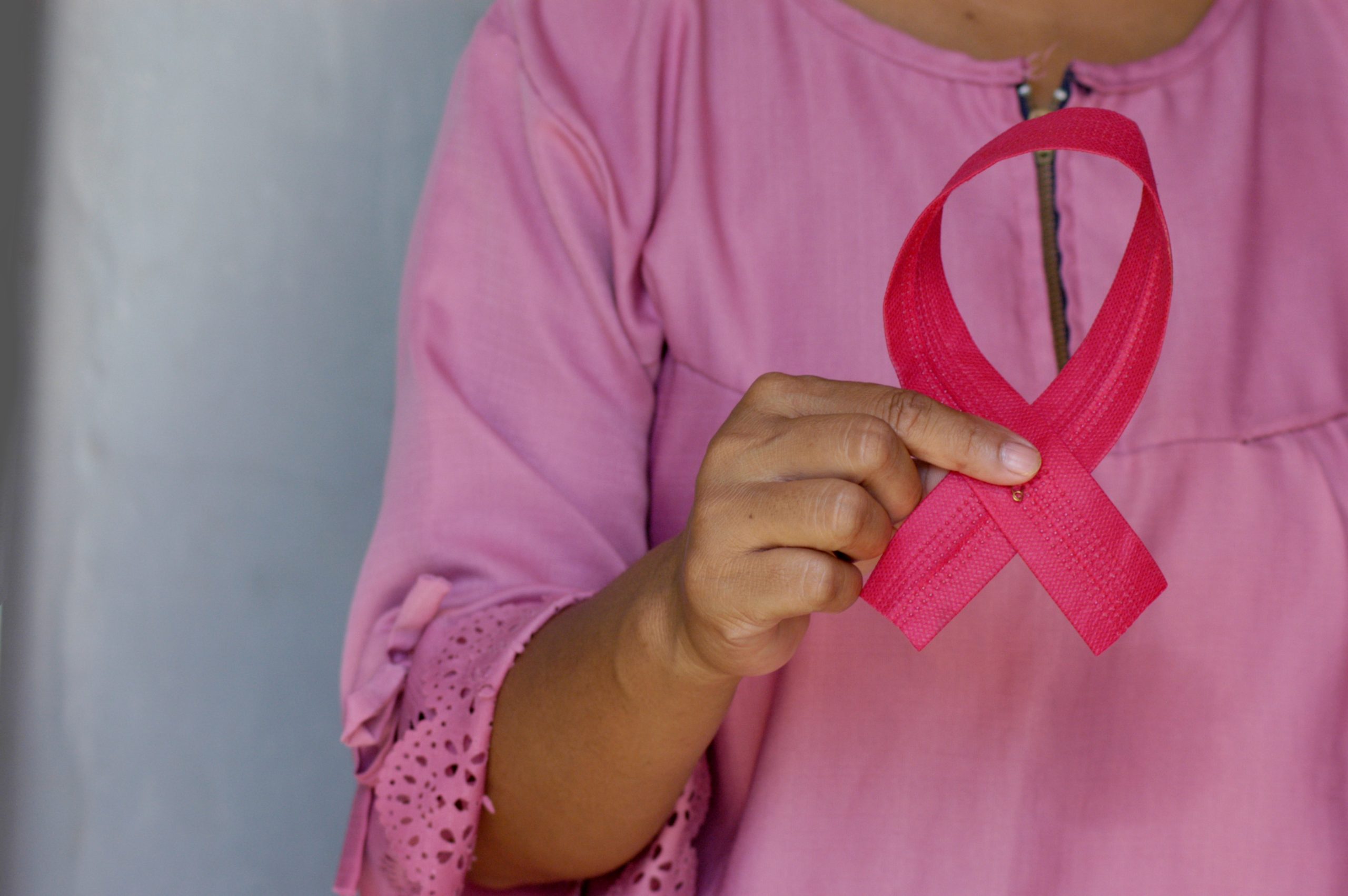Breast cancer is the most prevalent cancer in Qatar, so here’s how you can ensure your safety.
The national cancer screening programme Screen for Life has issued a new call for the public to get screened for breast and bowel cancer.
Under Qatar’s National Cancer Programme, the Primary Health Care Corporation (PHCC) is expanding access to breast and bowel screening nationwide in an effort to detect the early stages of the disease before it spreads and becomes more difficult to treat.
“To book your appointment for breast cancer screening call 8001112. Breast cancer screening is for females aged 45-69. Bowel cancer screening is for females and males aged 50-74,” PHCC stated.
According to the National Cancer Registry, breast cancer is the most prevalent cancer in Qatar, accounting for 31% of cancer cases in women.
As of 2021, breast cancer accounted for 12% of all new cases of cancer annually worldwide, making it also the most prevalent cancer in the world.
However, statistics seem hopeful for those who catch it in its early stages, with survival rate of 90% or higher if treated accordingly.
For that reason, health authorities in Qatar and mobilising their efforts to spread awareness about the importance of screening.
What is breast cancer?
The lining cells of the ducts or lobules in the glandular tissue of the breast are where breast cancer begins to develop. The malignant development is initially contained within the duct or lobule, where it often exhibits no symptoms and has a low risk of spreading.
These tumours may then develop over time and infect the breast tissue around them, then disseminate to closer lymph nodes, or to other body organs. Widespread metastases are the cause of breast cancer deaths in women.
How to ensure you’re safe?
The PHCC offers cutting-edge screening facilities, top doctors in their field, and high-end technical tools to assist and lower the risk of cancer through early diagnosis.
The screening is done through a mammogram, which is a quick, non-invasive exam used to detect breast cancer. It uses low-dose X-rays to produce an image of the breast for doctors to examine and check for any abnormality.
Women who have no obvious symptoms of breast cancer are frequently given mammograms to check for the disease. If any abnormalities are shown, the patient then gets sent to HMC for additional evaluation.
The technology is able to find tumours that are too small to feel in a normal home exam, making it a crucial check-up for women. Health authorities recommend breast cancer screening every three years for women aged 45 and older.
However, people of any age can get in touch with the PHCC screening centre at 8001112 if they are thought to be at higher risk due to family history, a previous case of malignant or premalignant breast disease, or a genetic predisposition.







